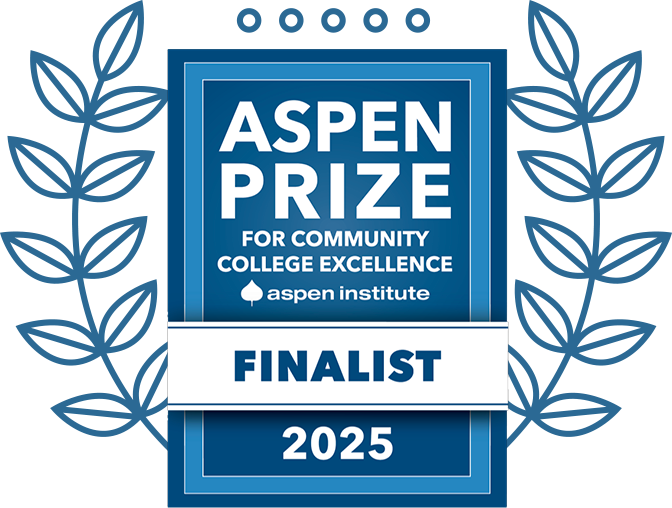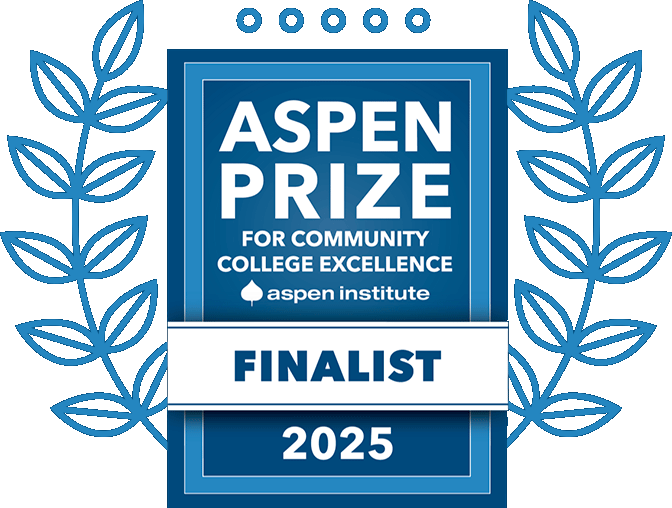Humor
“If you as a speaker don’t help your audience to remember your lessons, then you’re wasting everyone’s time.”
“Humor, even if used sparingly, can help accomplish that needed retention. Comedy is largely graphic. A funny image appears in the mind of the listener (learner). We may paint this picture with words, but the real joke is in the image that each person sees.”
“Most memory systems convert abstract ideas to familiar images because they are impressed upon the mind more easily and are retained longer. Since images are more easily remembered than are abstract ideas, and since humor is largely visual, it stands to reason that using comedy in an illustration will help people remember the ideas you are conveying longer and better.”
” Imagery is expressive, graphic and unforgettable.”
-Gene Perret, comedy writer for Phyllis Diller, Bob Hope, Carol Burnett, Bill Cosby and many others.
Learning can become more enjoyable and less stressful in a laughter-filled group. The establishment of a group environment that encourages humor seems to assist in learning the material by lifting social and academic barriers. Humor helps to cultivate personal exploration, discovery, play, and risk-taking because the shared group sense of humor allows for human error.
Laughter following an inevitable error is less traumatic and threatening than a punitive or judgmental response. The willingness of students to be spontaneous and imperfect will result in a dynamic learning environment. A healthy group is a humorous group.
Remember, as the group facilitator you will be setting the tone of the group. If the environment is stuffy and dogmatic, little laughter and divergent thinking will occur. However, if you can make the environment comfortable, flexible, and supportive, the group will cultivate a sense of humor along with a positive learning environment.
Is it necessary to go to comedy school? No, being relaxed, smiling and alert to student needs are good starts to a better sense of humor. The integration of humor into a group session can be a slow process that requires trial and error. Try out jokes and stories ahead of time on family and peers to make sure they are humorous and non-insulting. A “Don Rickles” approach to humor would not be particularly productive for a group environment. Positive humor is evident when groups develop their own identification through nicknames, group history or ongoing gags.
When students and teachers were asked what element makes learning effective and exciting, a “sense of humor” was rated high on the list. Shared laughter is a powerful way to reinforce learning.
Source: “Humor in the Classroom: Considerations and Strategies” by Debra Korobkin.


